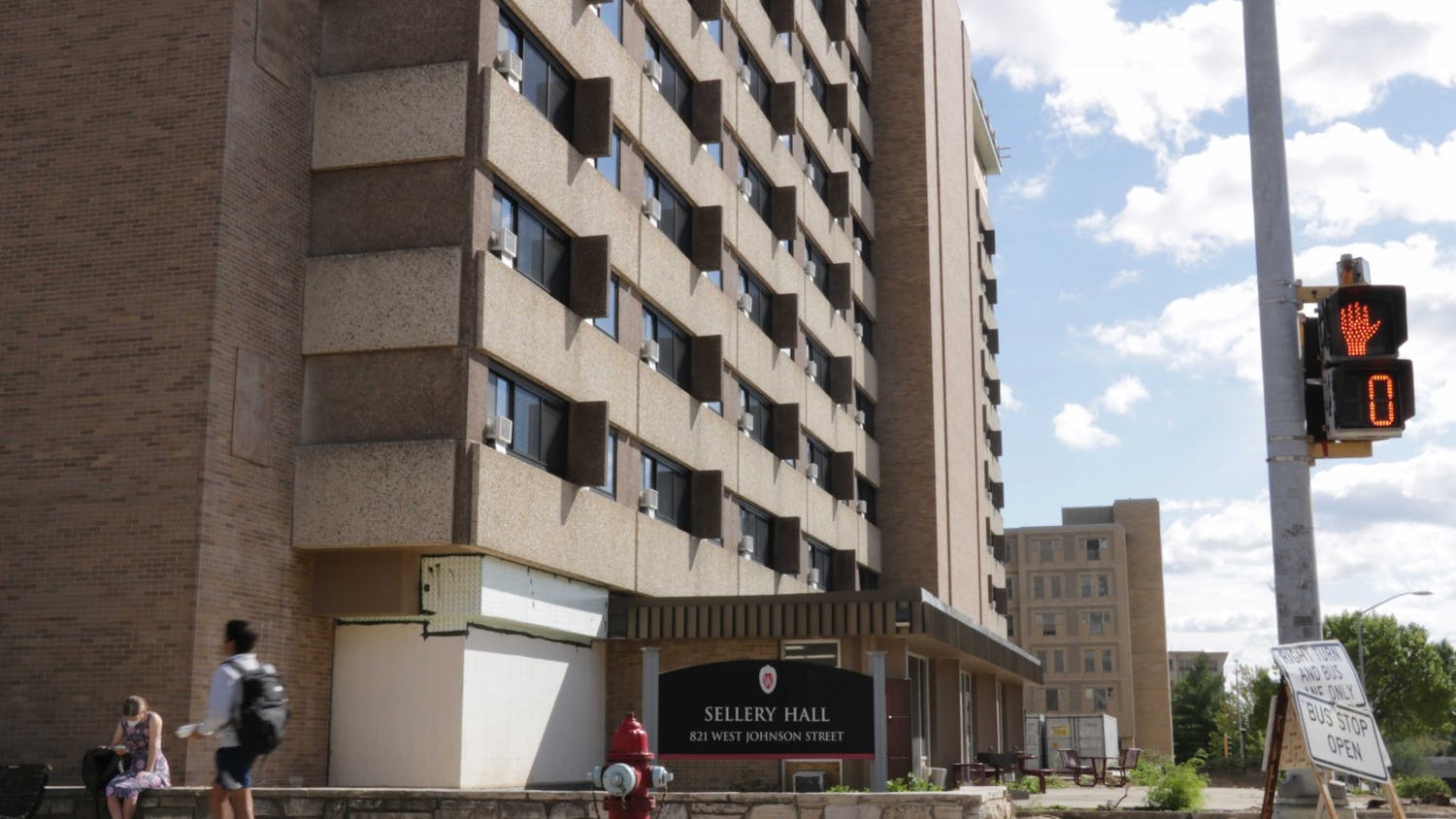As renovations to the South East Recreational Facility begin in the next few years, Rec Sports Director John Horn said he is focused on maintaining student participation, affordability and accessibility for recreational activities on campus.
Rec Sports’ mission is to enhance the UW-Madison experience by providing high quality programs, services and facilities that promote the social, mental and physical well-being of the campus community, according to its website.
Horn presented the organization’s budget for the next fiscal year at the Student Services Finance Committee meeting Feb. 15. The committee approved the budget, totaling $4,419,900, at its Feb. 22 meeting.
More than 80 percent of students participated in Rec Sports activities, including use of their facilities, in the 2014-’15 school year, which Horn said is up 9 percent from the previous year. UW-Madison has a larger participation rate than the average of 71 percent at large universities across the country.
Rec Sports currently has 43 active clubs, more than 13,000 students in intramural sports, 88,000 group fitness participants, 66,000 lap swimmers and 730 student employees, Horn told committee members.
Horn detailed Rec Sports’ history of receiving money from student segregated fees, highlighting that the amount asked for has not increased drastically. Currently, students pay $47.70 in segregated fees for Rec Sports, which Horn said was significantly less than what students pay for similar programs at other Big Ten schools.
Horn explained to committee members the benefits of Rec Sports facilities and activities for students.
“[There are] studies that show that students who are active in programs like university recreation do better in school, they graduate quicker, they finish with less debt, they get better GPAs, they get jobs faster when they get out of college,” Horn said.
The organization requested a segregated fee increase of $9.85 per student in the next fiscal year, most of which Horn said would go toward the Rec Sports Master Plan, which will eventually produce updated recreational facilities.
Horn described the importance of receiving funding from SSFC.
“We’re primarily reliant on student fees and our program revenue,” Horn said. “If we didn’t get the support from the students on campus, we would probably cease to exist and have to close our doors.”






